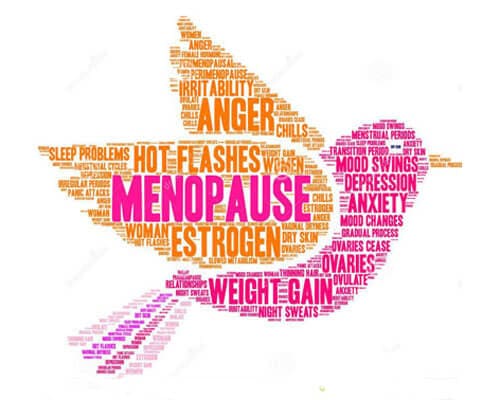Menopause isn't a disease or a medical condition. It is a completely natural biological process, a normal part of aging for women. Doctors generally identify menopause as a point in time 12 months after a woman has experienced her last menstrual period. While some women do not have any difficulty during this phase & transition through it easily, others tend to experience troublesome symptoms.
Generally menopause occurs after the age of 40. But in some women, it can occur way earlier. This is known as premature menopause. There are various factors that can lead to premature menopause. The most common ones are genetic factors, certain immune system disorders, damage to ovaries caused by radiation or chemotherapy or hysterectomy.

There are not many, but quite a few strong symptoms that indicate that you are about to reach the menopause phase soon. Common signs include:
Apart from these physical symptoms, some women also experience:
Certain lifestyle modifications such as the following can help manage symptoms of menopause
Are you an international patient looking for the best gynecological care in India? Consult Dr. Sarada Mamilla, the best gynecologist & Laparoscopic Surgeon in India, offering top notch care for complex cases of uterine fibroids, endometriosis, adenomyosis & gynecological malignancies.
Copyright © 2023 All rights reserved By Dr.Sarada